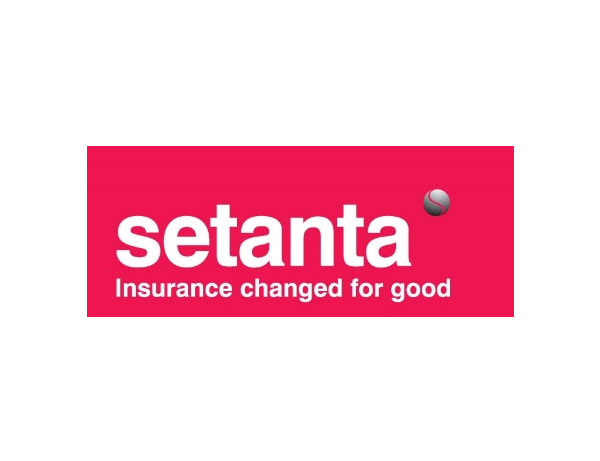Under the revised inheritance rules, the way entitlements are dealt with will depend on the date of death.
Inheritance of Entitlements 2018
The Department of Agriculture has recently published answers to a list of frequently asked questions about the transfer of entitlements under the Basic Payment Scheme 2018.
The full list of the department's FAQs and replies is published at the end of this post.
Included in the FAQs is the department’s interpretation and proposed implementation of Statutory Instrument No. 639 of 2017 which came into force on 21 November 2017 (see our blog post of 22 January 2018, Important Changes to European Union (Basic Payment Scheme Inheritance) Regulations 2017).
How the department proposes to deal with the inheritance of entitlements following the new statutory instrument will depend on whether the owner of the entitlements died before or after 21 November 2017.
We have summarized the position below.
The full list of the department's FAQs and replies is published at the end of this post.
Included in the FAQs is the department’s interpretation and proposed implementation of Statutory Instrument No. 639 of 2017 which came into force on 21 November 2017 (see our blog post of 22 January 2018, Important Changes to European Union (Basic Payment Scheme Inheritance) Regulations 2017).
How the department proposes to deal with the inheritance of entitlements following the new statutory instrument will depend on whether the owner of the entitlements died before or after 21 November 2017.
We have summarized the position below.
Inheritance of Basic Payment Scheme entitlements for deaths after 21 November 2017
- where the will does not specifically mention entitlements, the entitlements will transfer with the land unless there is a legal impediment preventing the transfer;
- where the will does not specifically mention entitlements and lands are transferred to a number of beneficiaries, the entitlements will be transferred to the beneficiaries in proportion to the amount of land they each receive under the will. If they receive land in equal shares then they will receive an equal number of entitlements.
- In all cases, where the will of the deceased bequeaths the entitlements to a particular person, the entitlements will be transferred to that person unless there is some legal impediment preventing it.
Inheritance of Basic Payment Scheme entitlements for deaths before 21 November 2017
- where the will does not specifically mention entitlements, the entitlements will form part of the residue of the estate and the residuary legatees will inherit them.
- where the will does not specifically mention entitlements and there are farming and non-farming beneficiaries, the non-farming beneficiaries can do either of the following:
a) waive their rights and allow the farming beneficiary to receive the entitlements, or
b) apply for a 700 series herd number, take the entitlements and then transfer them to a third party
- Again, in all cases, where the will of the deceased bequeaths the entitlements to a particular person, the entitlements will be transferred to that person unless there is some legal impediment preventing it.






